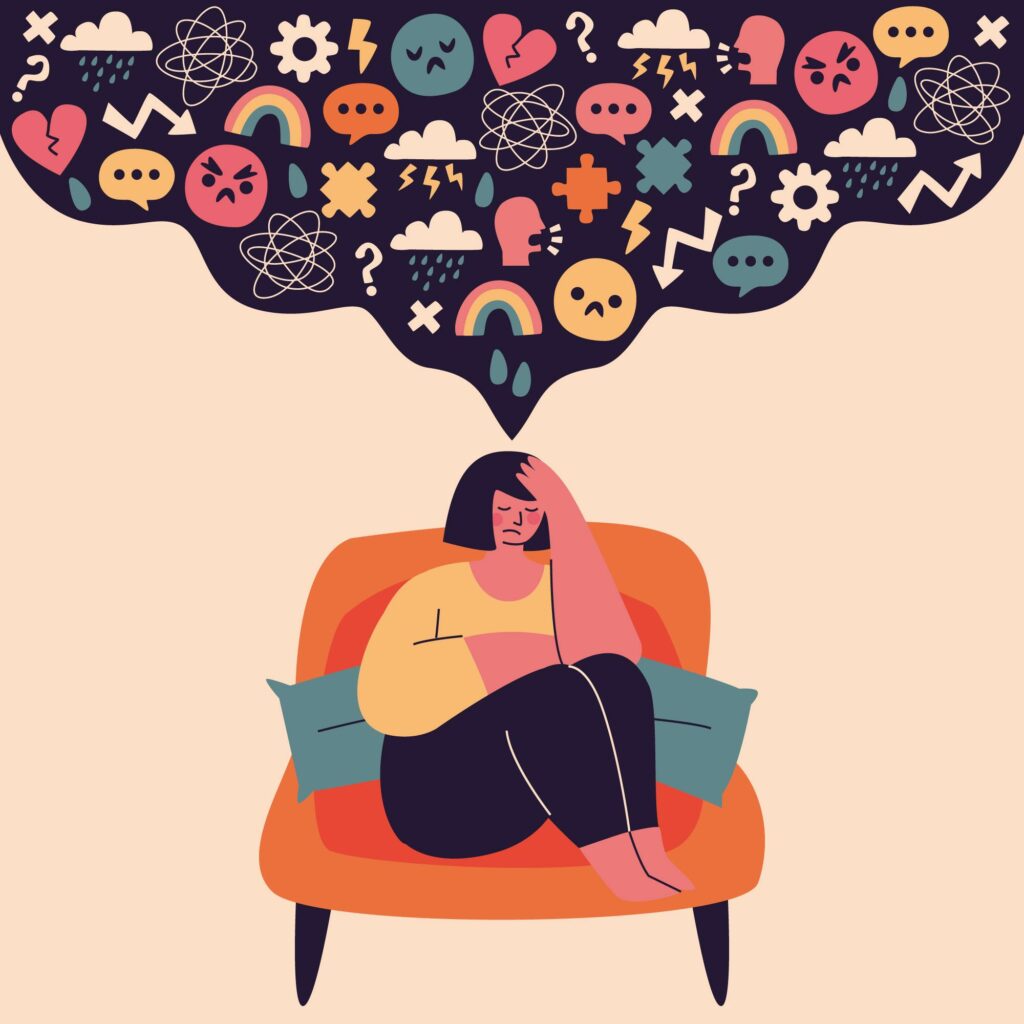STORIES
BLOGS, ARTICLES AND SOBRIETY TIPSRead our stories to learn more about addiction, trauma and mental illness, as well as our therapists’ own struggles. They’ve found the power and strength to recover, heal and use their experiences to inspire others, and with the proper treatment, so can you.
Why Dually Credentialed?
Becoming a dually credentialed therapist is no easy feat. It requires hundreds of hours of extra training and certifications to effectively be able to treat both mental health and substance use disorders and in tandem as co-occurring issues. Every therapist at Complete Family Treatment services is dually credentialed, and by looking at these issues simultaneously, we’re able to create a sound recovery framework that gets you back on your feet for the long-term.How Does One Become a Dually Credentialed MHP? It depends where you live. In Nebraska, you first need a Master’s degree in counseling, psychology, social work or a similar field from an accredited institution. You also need up-to-date mental health credentials from the State Department of Health and Mental Health Professional status from the Division of Behavioral Health and Recovery. Then, you must complete a certain number of training hours specifically focused on fusing drug and alcohol treatment into one, cohesive...
Memory, Trauma and the Mind
Our memories are fragile. From the time we’re born, our brain is constantly collecting and processing bits of information based on our experiences — both negative and positive. Some stick with you for life, while others are forgotten or suppressed. What makes a memory, and when those memories aren’t so good, how do they turn into trauma?What Constitutes a Memory? For us to recall certain processes or events, we must first draw them out of our memory. Our brain forms memories by encoding, storing, retaining and recalling information from our past experiences. It begins in our short-term storage, and once repeated enough, it travels to our long-term storage via the hippocampus so we can perform tasks, recognize people and travel places subconsciously, without having to think twice. The main parts of the brain involved with memory are the amygdala, the hippocampus, the cerebellum, and the prefrontal cortex. The amygdala is involved with fear, and therefore largely responsible for...
What Mid-Pandemic Back to School Means for Mental Health
It’s no secret that this school year is going to look much different than the rest. With the pandemic still in full swing, the decision to return to traditional schooling was a hard choice for superintendents statewide. Do they risk the spread of the virus despite taking precautions, or do they risk the state of many families’ mental health and home lives? Ultimately, many decided, students need the structure that schools provide. Not all parents are equipped to discipline and educate simultaneously, whether they choose not to or don’t have the means to. For students, that means a wave of change is coming soon. Some may be excited, some may be anxious and some may be angry to go back after a five-month vacation and follow a new set of unconventional rules. So, how do we make sure our kids are dealing with the transition from online to in-person with the least amount of stress possible to help them stay safe and stay sane? Staying Safe Get your masks early and have your student...
Four Tips for Creating a Balanced Family Dynamic
Four Tips for Creating a Balanced Family Dynamic Maintaining stable, long-term family balance requires effort from the whole team. All it takes is one family member to throw off the whole dynamic. Think of your household as a baby mobile. It rotates smoothly over the cradle in a perfect circle when undisturbed, but if you hit one of the arms, the whole mobile will be thrown off course. At CFTS, we help families #BeComplete through compassionate, evidence-based couple, child or group therapy, but we don’t stop there. With our holistic approach, we work to ensure your life is just as positive and productive at home as it is in the treatment center. That said, here are a couple ideas to help keep your family unit close-knit and balanced. Group Meetings The most direct way to find solutions regarding family imbalance is through honest and open conversation. It can be difficult to discuss certain topics out of the blue, but keeping things bottled up inside is much more detrimental....
The Consequences of Fatherlessness in the U.S.
Are you aware of the extent and consequences of fatherlessness in the United States? 24.7 million children live in a home without the physical presence of a father, and millions more live with fathers who are physically present, but emotionally absent. Because of this, their mental health, substance dependence and future, in general, is placed at risk. At Complete Family Treatment Services, we know families come in all forms, and you can still raise your children well if your support system has a different structure. However, we make it our mission to keep mom and dad happy in order to ensure a bright future for the kids. Our therapists believe the key to a healthy mind and body is a loving, caring family and home life, so we look at your situation holistically to help you achieve this. The Stats The following fast facts from Fathers.com show why we place so much of our focus on this crisis: Remember that figure from earlier, 24.7 million kids? That’s 33%, or one-third, of all...
The Importance of Working Toward a Strong Family Structure
In recent decades, our country has seen a steady surge in unconventional households. In fact, almost a quarter of children in the United States live with only one parent, which is over three times the rest of the world’s 7 percent average. While it’s important to acknowledge and accept the diversity of the modern family, it’s also beneficial to take a deeper look at the many positives a traditional family structure can offer. The therapists at CFTS have witnessed firsthand the power of a strong, conventional family system. It’s a key component in steering adolescents away from depression, addiction, PTSD and other issues. A new study from Princeton University supported this, stating that "most scholars now agree that children raised by two biological parents in a stable marriage do better than children in other family forms across a wide range of outcomes." Seeing The Impact of Home Life Firsthand That’s why we make it our priority to take a holistic, family-oriented approach to...
June is PTSD Awareness Month
PTSD - what is it? As defined by the National Center for PTSD - PTSD (posttraumatic stress disorder) is a mental health problem that some people develop after experiencing or witnessing a life-threatening event, like combat, a natural disaster, a car accident, or sexual assault. Who develops PTSD? Anyone can develop PTSD at any age. A number of factors can increase the chance that someone will have PTSD, many of which are not under that person's control. For example, having a very intense or long-lasting traumatic event or getting injured during the event can make it more likely that a person will develop PTSD. PTSD is also more common after certain types of trauma, like combat and sexual assault. Personal factors, like previous traumatic exposure, age, and gender, can affect whether or not a person will develop PTSD. What happens after the traumatic event is also important. Stress can make PTSD more likely, while social support can make it less likely. Will People with PTSD Get...
3 Keys to Living Sober
Before you go and start the google engine up, slow down as these keys that I am about to define to you are what I use in my recovery as principles. When you first approach getting clean or sober, many say "how the heck am I going to get and stay clean and sober?" I will offer some wisdom that I have adapted being around AA for about 20 years and sober for 16 of those. My pride kept me giving up my sobriety for the first four years. So what did I learn? First, I learned that YOU CAN NOT DO SOBRIETY BY YOURSELF !! I submit to you that the three most dangerous words in sobriety are "I got this." I can tell you that you managing your sobriety almost never works, hence why we have sponsors. Those that white knuckle being sober will eventually drink again or they will be so miserable that they should be drinking. I have seen in my time that a person that controls their sobriety will eventually find little to no value in meetings, and then start the process of relapse. Second, I learned...
Why Can’t I get Sober?
Please note that while we post in this specific blog about alcoholism, we believe that all chemical dependency is driven by the user's substance of choice. In other words, chemical addiction behaviors differ collectively only in the chemical used. Back in the 1930s when Alcoholics Anonymous started there were many alcoholics that could not get or stay sober. Dr. Silkworth and others in the medical community that followed the fledgling organization observed many things. Dr. Harry Tiebout, an MD and psychiatrist was one of the medical professionals that took interest and made some crucial observations that still are apparent today. Alcoholics and addicts possess defiant behavior, and it is only through humility and a true "hitting bottom" experience, can their "unconquerable ego" be deflated to become humble says, Dr. Tiebout. What does this mean? Why can't I get sober or clean? It is my experience that 100% of the people that can't get sober is because they are unwilling to give up...
GET STARTED TODAY
Join our family to become part of a caring group of people that can nurture you through life’s toughest times. We show you strategic principles that move you and your family forward.









